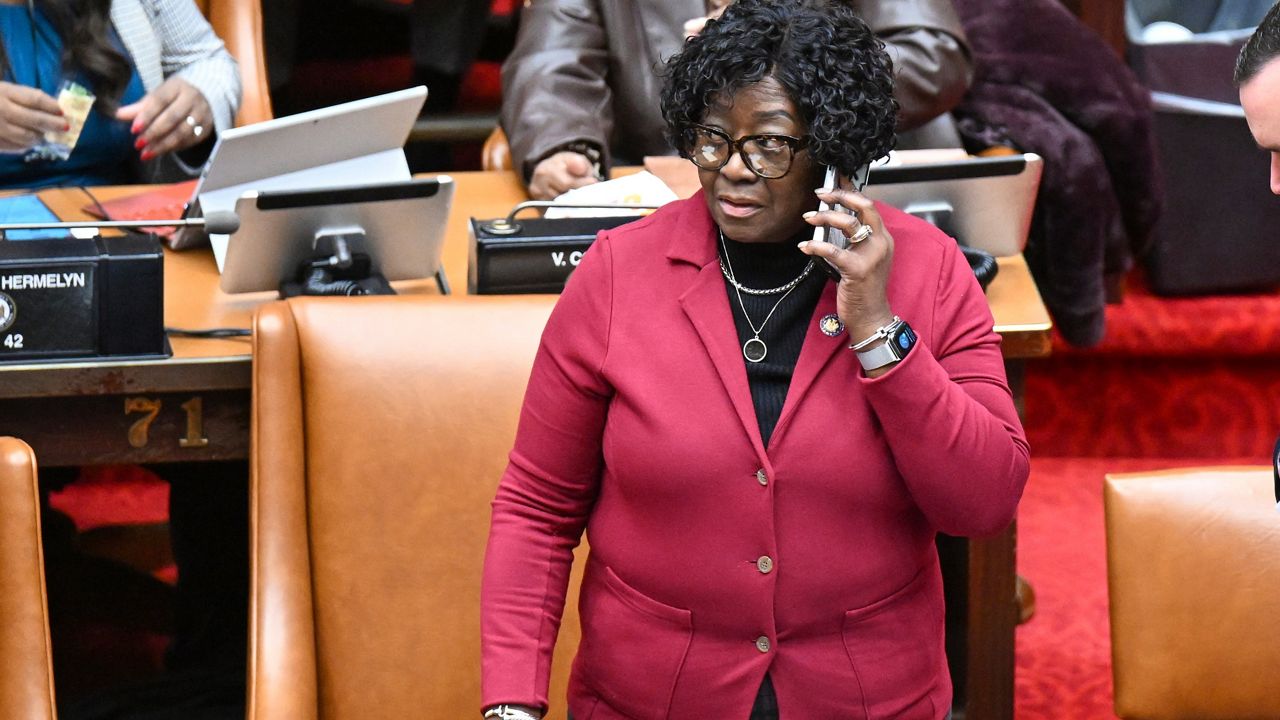The changing COVID-19 landscape can be confusing as you try to keep yourself and your loved ones healthy and safe. Denis Nash, distinguished professor of epidemiology at the CUNY Graduate School of Public Health and Health Policy, says the tools that we have of vaccines, masks, social distancing and testing are key to help “flatten the curve” and lessen the impact on a stressed health care system.
The omicron variant has been much more transmissible than other COVID variants. While vaccines can’t provide full protection if you get infected, they can provide protection against severe cases that may force you into the hospital. Nash tells Capital Tonight that people who are not vaccinated are “at much higher risk of hospitalized with this variant. No question about it.” According to Nash, early evidence from South Africa has shown that two doses of the Pfizer vaccine prevent hospitalization from the omicron variant by 70% with boosters helping raise that number.
Nash says public health officials are closely watching hospital capacity numbers across New York state. Hospitals have to take care of COVID and non-COVID patients alike and with high capacity figures, they might not be able to handle a COVID surge and deal with other medical emergencies like cardiac arrest.
To help prevent the spread of new cases, Nash tells Capital Tonight that if you are experiencing cold symptoms, you should isolate and take a test. A rapid test may come back negative early on in the COVID infection. Nash advises to isolate and take another rapid test a few days later.










_crop)